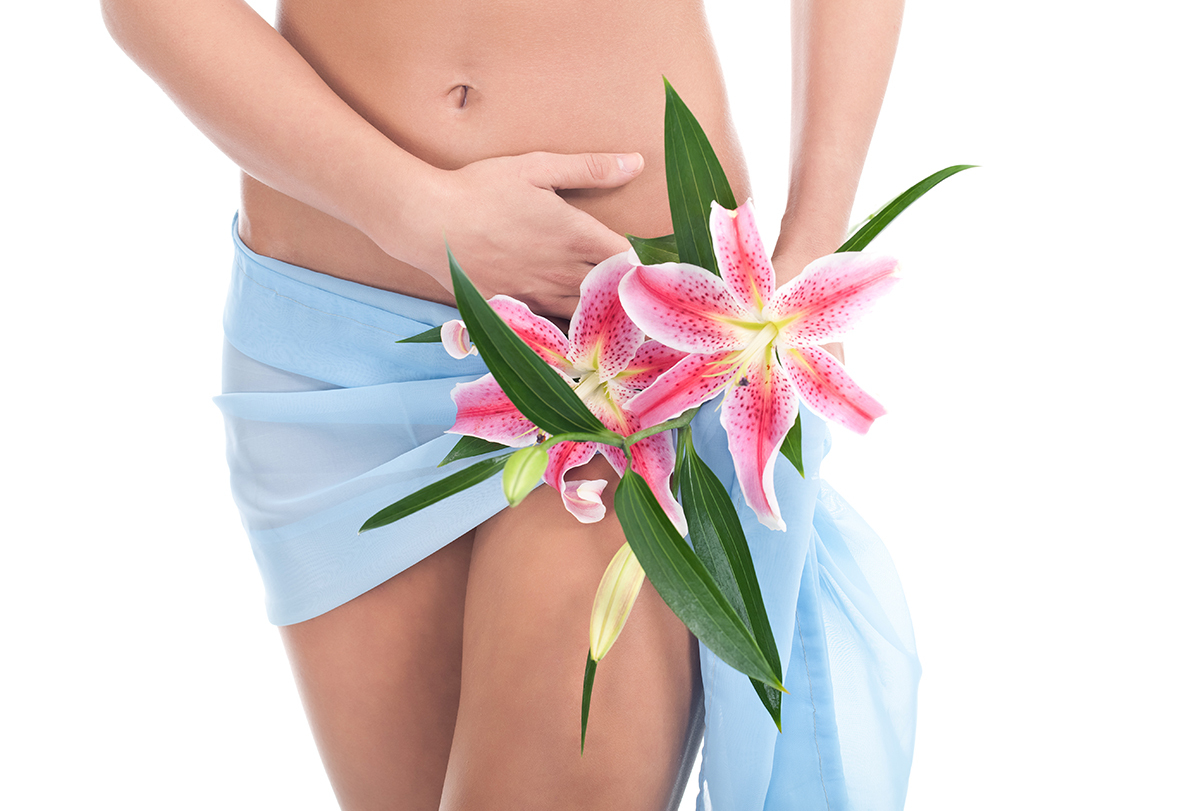What does a Normal Vaginal Odor Look Like?
A normal and healthy vagina should not smell like flowers or fruits. The vaginal odor should also not be like drugs or chemicals. There is no part of the human body that emits a fragrant aroma because it is not necessary. Each vagina has a distinctive odor, which varies from person to person. However, basically, the vagina emits a slightly sour smell like vinegar.
The most important thing to remember is that a healthy and clean vagina should not smell bad. If you are experiencing a foul odor, it may be a sign of an infection or another health problem. See a doctor if the odor is persistent or causes discomfort.
Some Ways to Keep your Vagina Smelling Fresh
There are some ways to keep your vagina smelling fresh and healthy. Make sure you are keeping the area clean by showering daily. Always dry off after a shower to avoid moisture, which can breed bacteria. You should also change out of wet clothes as soon as possible.
Wearing loose clothing will help keep you healthy down there because it allows ventilation and prevents heat build up. Going commando during your period is another way to let your vagina breathe. You can also use a gentle, unscented soap on the area when you shower.
It is important to note that douching is not recommended because it can actually disrupt the natural balance of bacteria in the vagina and cause more problems. Additionally, avoid using scented products near the vaginal area, as they can also throw off the balance and cause odor.
The Sour Vaginal Odor
The sour vaginal odor comes from natural bacterial colonies as well as vaginal secretions. Bacterial colonies and this fluid are acidic, with a normal pH of 4.5. The acidity of the vaginal area is important to prevent bacterial or viral infections. The secretions can vary in amount and consist of water, pyridine, urea, acetic acid, lactic acid, complex alcohols and fatty acids.
The fluid is released to help cleanse the area and maintain its normal acidic pH. The glands surrounding the vaginal opening release a mixture of fluids that make up vaginal discharge. These fluids consist of water, vaginal bacteria, skin cells and cervical mucus. The fluid helps eliminate dead skin cells so that new ones can grow in their place. It also prevents dryness and allows the vagina to stretch during intercourse.
After menstrual bleeding stops, the empty blood vessels in your uterus remain inside your body where they will eventually shed themselves as you approach menopause. At that time, you will no longer have menstrual periods. Until then, you will probably have some vaginal bleeding between your periods. This is called spotting.
Spotting may also occur when you ovulate, when the follicle that released the egg breaks open and bleeds. Spotting can also be a sign of a vaginal infection, especially a yeast infection.
During the time of ovulation you may also notice a thin watery fluid that leaks through your vagina. This is called egg white cervical mucus and it helps to transport the sperm up through your reproductive system so it can meet with an egg. You will probably feel wetter than normal at this time.
If you are concerned about your vaginal odor, see a doctor to get it checked out. But remember, every vagina is different and there is no right or wrong smell. As long as you are keeping things clean and healthy, your scent should be just fine. Thanks for reading!

